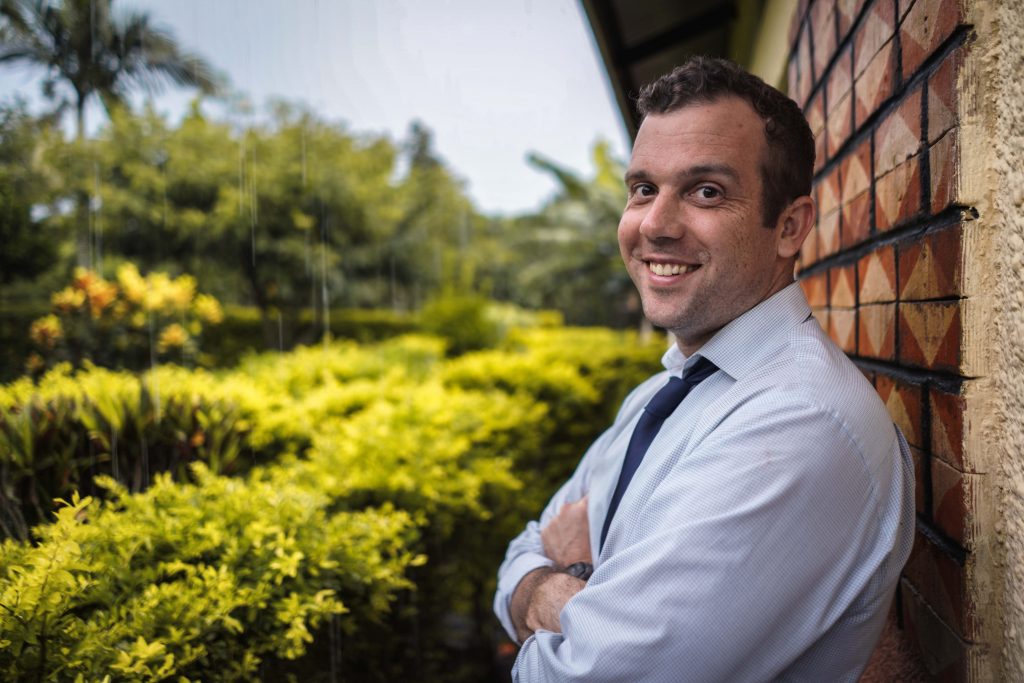The NIH has awarded a multi-disciplinary team led by Ross Boyce, MD, MSc, a $4.4 million, five-year (R01) grant to evaluate the effectiveness of a chemoprevention effort designed to prevent malaria outbreaks after flooding, using a combination of interventions. Boyce is a member of the Institute for Global Health and Infectious Diseases (IGHID), an Assistant Professor in the Division of Infectious Diseases and Faculty Fellow in the Carolina Population Center.

The project builds on findings from a “proof-of-concept” pilot study, one aspect of which was recently published in the Journal of Infectious Diseases. In addition to collaborators from the Mbarara University of Science and Technology in Uganda, key investigators include Jonathan Juliano, MD, MSPH, also from IGHID; Raquel Reyes, MD, MPA, Division of Hospital Medicine; Elizabeth Frankenberg, PhD, Department of Sociology; Sean Sylvia, PhD, Department of Health Policy and Management; Bonnie Shook-Sa, DrPH, Department of Biostatistics; and, Michael Reiskind, PhD, NC State Department of Entomology.
Disease outbreaks and climate-related health emergencies have reportedly reached their highest levels ever in the greater Horn of African, and this includes western Uganda where an increase in the frequency of extreme precipitation events, likely exacerbated by changes in land use, is believed to have resulted in seasonal surges of malaria transmission. Children under five years of age are particularly vulnerable, accounting for an estimated 70% of all malaria deaths.
Read more on the Institute for Global Health and Infectious Diseases website.